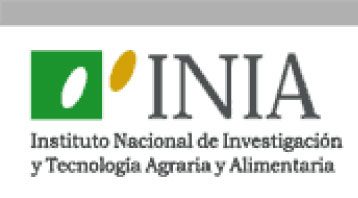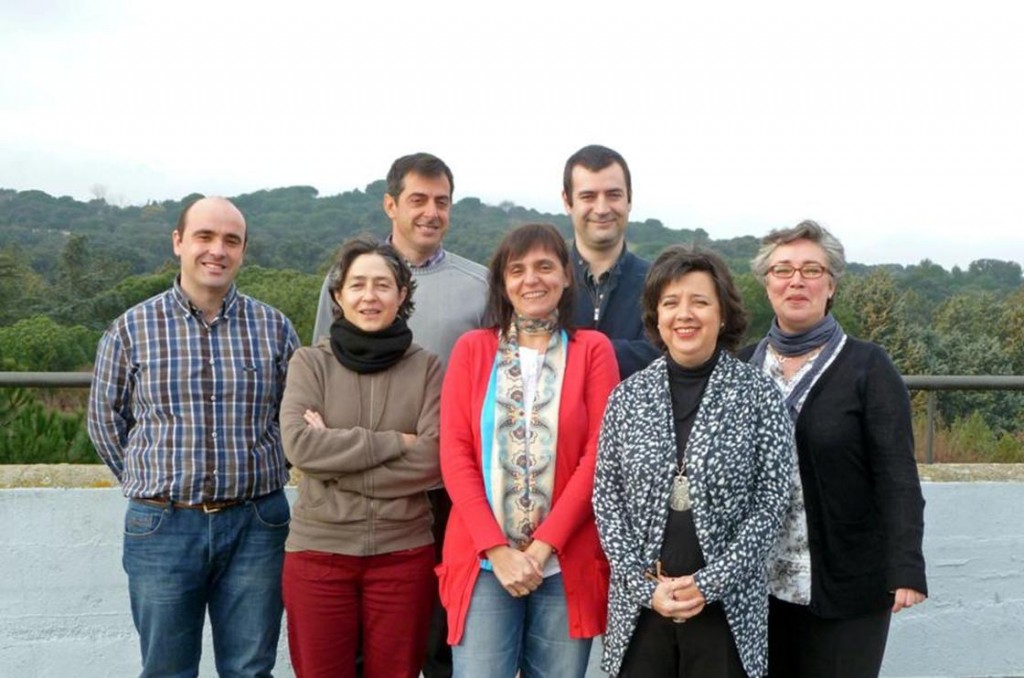INIA
 INIA (National Institute for Agricultural and Food Research and Technology)
INIA (National Institute for Agricultural and Food Research and Technology)
The INIA is a public research organization (OPI) of the Spanish Ministry of Economy and Competitivity. Its unique mandate entails a dual responsibility: 1. – as coordinator of the national network of agrifood research centres, the coordination and synchronization between national and regional interests and needs. 2. – as an agrifood research institution, the execution of its own research and technology projects, including technology transfer. INIA carries out applied research in agriculture, plant protection, plant genetic resources, plant biotechnology, environmental sciences, forestry, animal health and breeding and food technology.
The main activities of the Weed Control and the Agricultural and Forest Entomology groups of the Plant Protection Department which participate into AMIGA project are: the Agricultural and Forest Entomology group is focused on the development of integrated pest control strategies for Mediterranean crops. Both efficacy and side effects on natural enemies are evaluated under environmentally friendly strategies at field level; the Weed Control group studies some processes that derive from the chemical control of weeds, such as flora shifts and the development of herbicide-resistant weeds. It also studies the environmental and agricultural effects that herbicide-tolerant crops may have on these processes focusing on the effects of non-selective herbicides and the role of gene flow in the transference of herbicide resistance.
Role
INIA will contribute to WP1, 5, 7 and 8. INIA will manage a GM maize field trial for the needs of different objectives and groups participating into the project and coordinate the monitoring of farmer’s fields in Spain.
Dr M.C. Chueca has been involved in research in cereal crops for 30 years. She has worked in plant breeding, weed control and in risk assessment of transgenic crops (HT crops management and gene flow) since 1999. One of her main areas of research was focused on the development of resistance to herbicides. She has published more than sixty scientific and technical papers and has coordinated numerous research projects. She has participated as expert in working groups of EU and OECD. She was an ad hoc expert for EFSA working groups (ERA GD, PMEM). She is, as expert, a member of the Spanish Biosafety Commission.
Dr M.C. Escorial has worked in biology and ecology of weeds, in crop selectivity and resistance to herbicides, as well as in risk assessment of transgenic wheat. She has also studied gene flow in wheat to evaluate coexistence conditions for GM wheat.
Dr M. González-Núñez is Researcher at INIA since 2001. Previously at Universidad Politécnica de Madrid he evaluated side effects of pesticides on natural enemies of pests framed in the IOBC working group “Pesticides and Beneficial Organisms. Afterwards he worked in Prof. Castañera Group (CSIC) in the assessment of corn-borers resistance to Bt-maize obtaining the first resistance base-line of these pests in Europe. He has also experience in semiochemicals applications to pest control.
Dr I. Loureiro has been working since 2000 in gene flow and gene transference for environmental risk assessment in wheat-Aegilops and for coexistence issues in wheat and cotton. He has also been involved in the study of the effects on flora and fauna of weed management of glyphosate tolerant maize and cotton.
Dr S. Pascual has more than 20 years experience in the biological control of plant pests and diseases, in INIA. She has worked in Eco physiological manipulation of biocontrol agents to improve their competence, biological and molecular characterization of insect pests and natural enemies and plant resistance in the control of plant pests. Her current activity studies wild elements of agroecosystems and their role in pest regulation by conservation biological control.
Dr I. Sánchez-Ramos is researcher at INIA since 2008. Previously, he worked in Prof.Castañera Group on the biology and control methods of food storage mites and in research activities related to the sustainable introduction of genetically modified organisms into European agriculture. Specifically, he evaluated side-effects on non-target arthropod fauna and determined the resistance frequency to Bt in populations of the Mediterranean corn borer.
Dr. I. Santin after 5 years of experience in crop-weed competition in CSIC, joined INIA in 2001 where she works in the effects of cereal crop management in weeds diversity and the effects of HT maize on flora and fauna.

